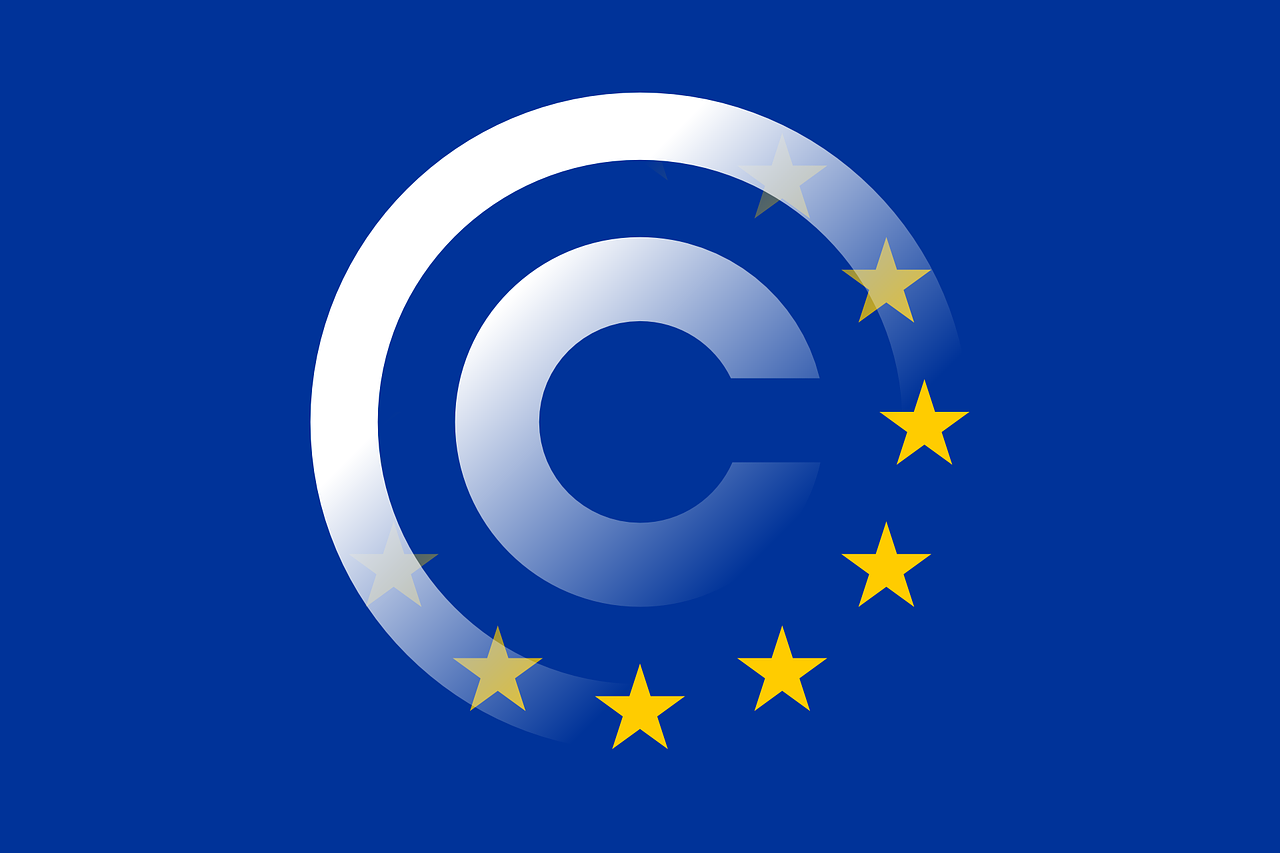Last call to push for a good EU Copyright reform: Joint Conclusions from the ETUCE-EFEE-COMMUNIA Conference on Copyright in Higher Education and Research in the EU
Published:
On 11 April 2018, ETUCE/EI held a high-level conference entitled “A better copyright for quality higher education and research in Europe and beyond”. The conference was organised in partnership with the European Federation of Education Employers (EFEE) and COMMUNIA (a non-governmental network of copyright advocates, researchers and experts), - with the financial support of the European Union Intellectual Property Office (EUIPO).
Copyright is a form of intellectual work right, that grants the creator of an original work exclusive rights for its use and distribution. This is usually only for a limited time. The exclusive rights are not absolute but limited by limitations and exceptions to copyright law, including fair use. A major limitation on copyright is that copyright protects only the original expression of ideas, and not the underlying ideas themselves. Copyright affects to creative and intellectual work of teachers, researchers and academics at all sectors of education.
This joint initiative is coordinated by ETUCE to lobby for the vote in the European Parliament on 22 June. In particular, the shared conclusions from the conference partners stress that:
#1: A genuine copyright exception
Educators would benefit from an EU-wide education exception – without mandatory remuneration - , which educators can rely upon across the European Union and which defines a minimum standard. Removing copyright restrictions on the digital use of illustrative materials including textbooks for educational purposes would increase legal certainty as this would reduce the financial burdens on education systems and institutions.
#2 Copyright and social dialogue
The European Commission should ensure that social partners are consulted in the national implementation of the EU copyright directive. The selection of works for teaching and learning as well as related quality assurance measures need to take place at national level, as this is an exclusive national competence of Member States.
#3: Balance between the rights of teachers as users and the rights of teachers as creators
The new EU-wide exception should balance the rights of creators and users. Students, teachers, school leaders, researchers and other educational personnel have an interest in fair remuneration and correct attribution as well as in making knowledge accessible for public interest activities including education and research.
#4: Remuneration should not be mandatory
Payments should therefore remain optional and any changes to this model should be subject to consultation with the respective Ministries of Education.
#5: Closed-door policy
An EU-wide exception for non-commercial educational purposes that cannot be sidelined by licenses and that cannot be overridden by a private contract but that at the same time respects successful national Copyright models in certain EU countries is crucial. An EU-wide exception that includes all relevant providers of education, including libraries and other educational establishments, and an exception that permits the diversity of educational uses – both digital and analogue – of copyrighted content is fundamental.
ETUCE European Director, Susan Flocken said: “The voting of the Commission proposal in the European Parliament needs to take into account our shared conclusion in the benefit of teachers, researchers, school leaders and education employers. Access to quality education is a prerequisite for a thriving knowledge-based economy. Indeed, providing access turns learners into co-creators of education, information and culture and enhances science and innovation”.
For more information please read the ETUCE-EFEE-COMMUNIA joint position